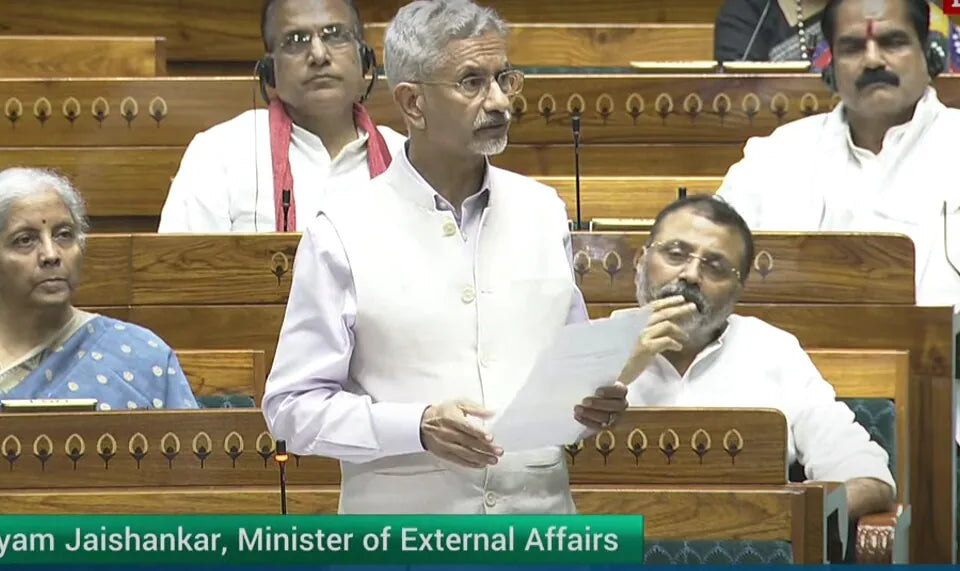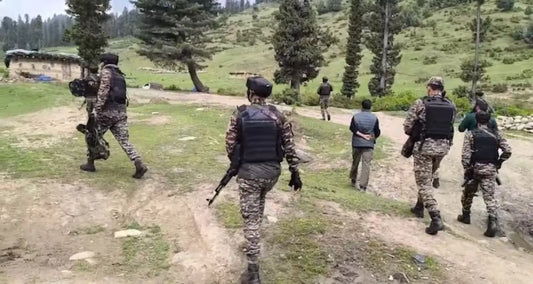Three Nations Object to India's Operation Sindoor at UN, States Jaishankar

India's External Affairs Minister, Dr. S Jaishankar, addressed Parliament to report that, excluding Pakistan, only three United Nations member countries opposed the military operation known as Operation Sindoor. This operation was India's precise military response to the terror attack in Pahalgam on April 22. Dr. Jaishankar's statement during the Lok Sabha debate highlights a significant diplomatic achievement in India's ongoing efforts against cross-border terrorism.
Operation Sindoor commenced on May 7, involving synchronized air and missile strikes targeting nine terror camps located in Pakistan and Pakistan-occupied Kashmir. Reports indicate that the operation neutralized over 70 militants, utilizing Rafale and Mirage 2000 jets, BrahMos cruise missiles, and surveillance drones. By May 9, Pakistan requested a ceasefire through the DGMO hotline, which India accepted after achieving its mission objectives.
Dr. Jaishankar explained that India engaged in "anticipatory diplomacy" across 32 global capitals and within prominent UN circles to avert any negative reactions. Consequently, during the emergency session of the UN General Assembly convened at Pakistan's request, only three countries objected to India's actions. Although the government has not officially named them, these countries are widely believed to be China, Turkey, and Iran.
In his speech, Jaishankar stated, "Of the 190 countries represented that day, barring Pakistan and three others, no one accepted Islamabad’s narrative. That is the outcome of strategic engagement."
He further mentioned that the international community had already condemned the Pahalgam massacre, which resulted in 26 civilian deaths, aiding India in framing its response as an act of legitimate self-defense. Notably, countries such as the United States, France, Russia, the United Kingdom, Australia, and Israel publicly supported India's right to retaliate. In addition, members of the Global South and BRICS, excluding China, either remained neutral or offered discreet support.
The minister outlined the five fundamental pillars of India’s revised counter-terror doctrine: no negotiations with terror proxies, calibrated retaliation, zero tolerance for nuclear blackmail, no peace under the threat of terror, and a clear message that peace and terrorism cannot coexist.
Opposition parties praised the operation's outcome but raised issues regarding transparency about casualties and military losses, which the government dismissed as misinformation propagated by Pakistani channels. Some also questioned the sudden ceasefire, suggesting continued pressure might have been beneficial.
Strategic analysts suggest that the widespread international support for Operation Sindoor marks a new phase in India's counter-terrorism strategy. By integrating military action with diplomatic foresight, India has set a precedent that could guide future operations. The government is poised to capitalize on this backing to advocate for reforms in the UN Security Council and intensify global measures against terror networks based in Pakistan.



















